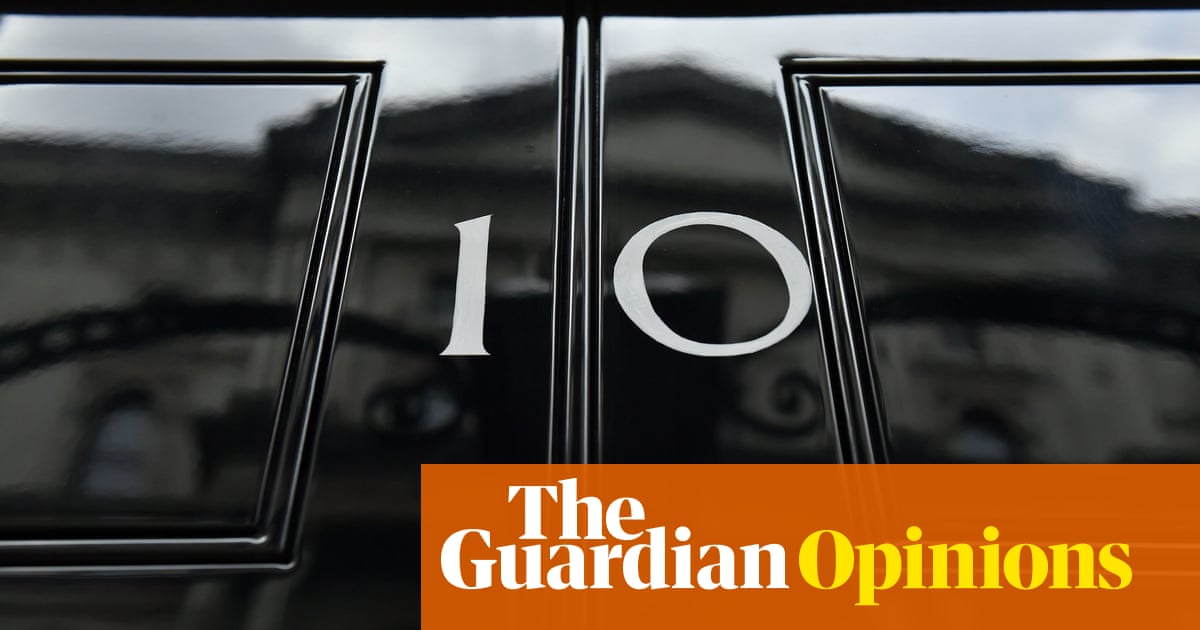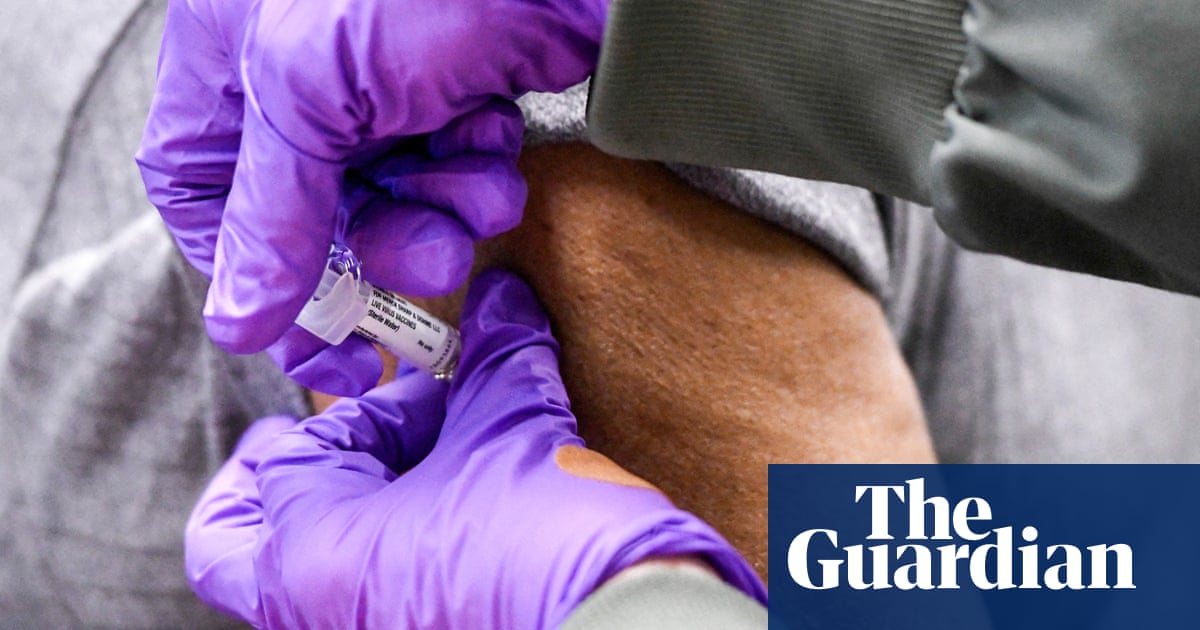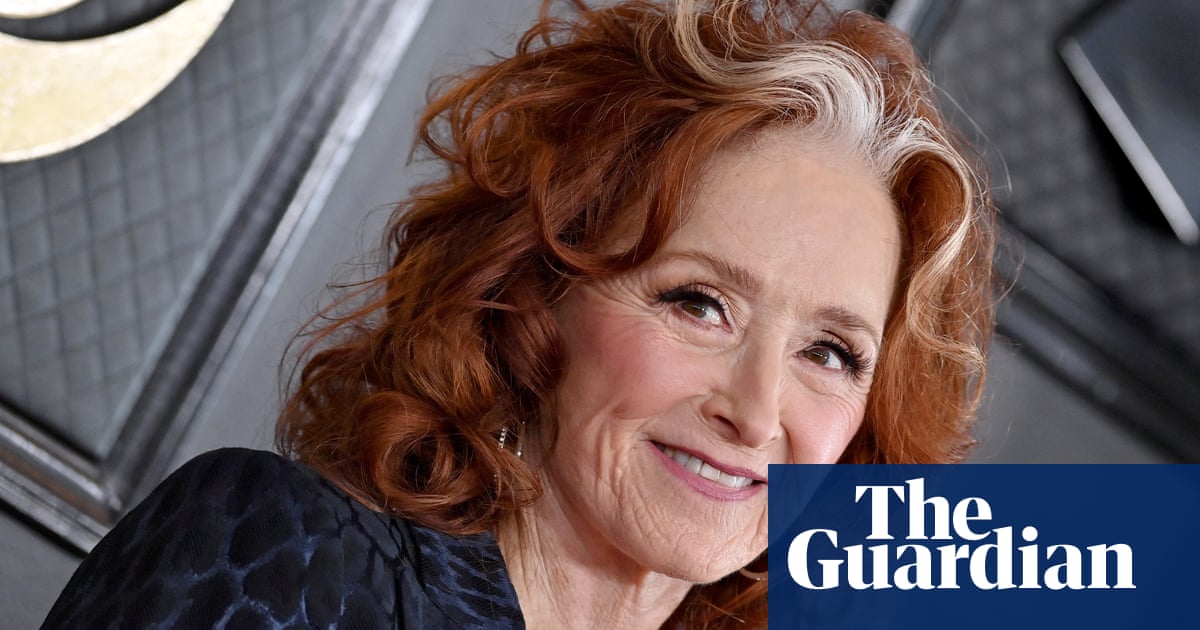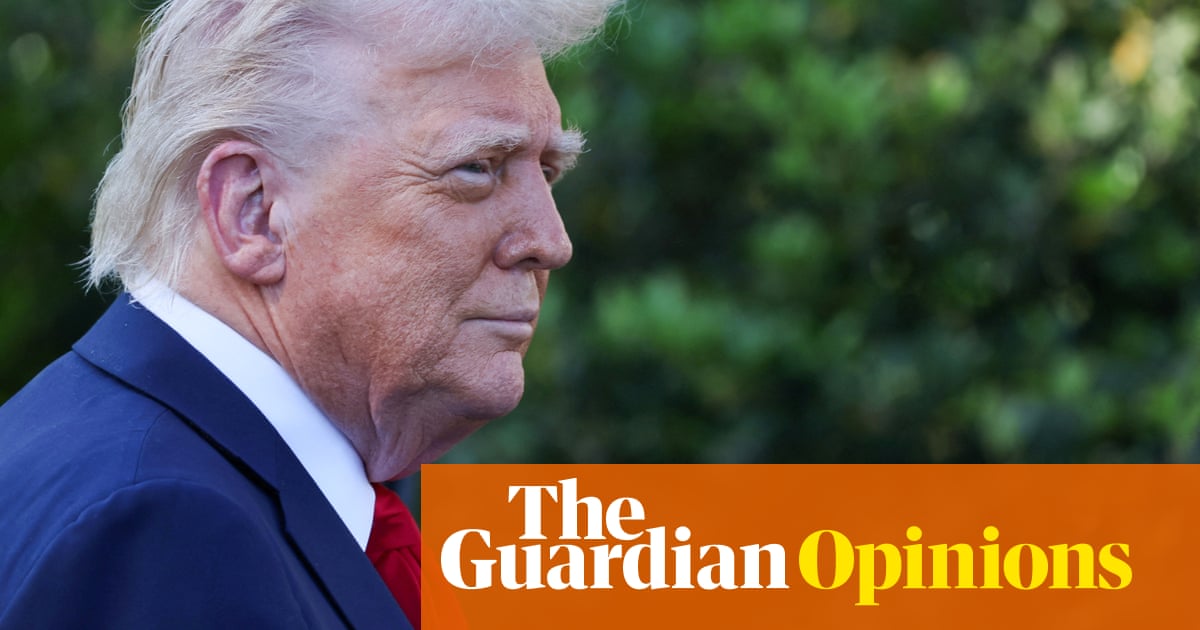Friedrich Merz, the leader of Germany’s centre-right Christian Democratic Union party (CDU), has a reputation for being blunt. On Sunday evening, as it became clear that the CDU had won the snap election triggered by the outgoing Social Democrat chancellor, Olaf Scholz, he did not disappoint. “For me,” said Mr Merz in a post-election television debate, “the absolute priority will be to strengthen Europe as quickly as possible so that, step by step, we can really achieve independence from the USA.”
As recently as a fortnight ago, such a statement from a German chancellor-elect would have been inconceivable. But these are new and extraordinary times. A convinced transatlanticist, Mr Merz has previously played down the dangers to western unity posed by Donald Trump. But crude electioneering on behalf of the extreme right Alternative für Deutschland (AfD) by the US president’s outriders, and the sidelining of Europe and Kyiv from negotiations over the future of Ukraine, have forced a handbrake turn.
For the European Union, as it seeks to strengthen its strategic autonomy in a new and challenging era, that is good news. For Ukraine, in desperate need of robust support from a united Europe, Mr Merz’s steadfast backing also offers cause for hope. Newly assertive leadership from the EU’s most powerful member state will be key in a tangibly more menacing global context.
Domestically, reasons for optimism are thinner on the ground. As Mr Merz acknowledged on Monday, the weekend’s poll revealed a dangerously polarised country – one in which the centre is historically weak while the far right continues to surge, particularly in the east. On a very high turnout, the AfD doubled its vote to 21%. The combined score of the CDU and its Bavarian sister party, the Christian Social Union (CSU), was 29% – its second lowest since 1949. The Social Democrat party (SPD) endured its worst postwar result, reduced to third place and a miserable 16%.
Mr Merz has pledged to maintain the firewall excluding the far right from power, and the makeup of the new Bundestag points to a two-party coalition with the SPD. That could lead to a welcome tempering of CDU efforts to ape AfD stances on immigration policy. Rather than prolonging unsuccessful attempts to crowd out the far right, it would be in Germany’s interests for Mr Merz to move in the other direction on the economy.
The CDU leader made his reputation in the 1990s as a small-state free marketeer in the Ronald Reagan mould. Yet as chancellor he will inherit a moribund economy in dire need of huge government investment, at a time when the pressure to raise defence spending is also acute. The business model that depended on cheap Russian energy and Chinese demand for exports has collapsed. Fixing it may require pushing for constitutional reform to allow the state to borrow and spend more – anathema to many in Mr Merz’s party.
One in five German voters opted on Sunday for a party that supports the forced repatriation of migrants and has been associated with neo-Nazi dog-whistling. Ominously, the AfD picked up substantial support among the young as well as non-graduates. Beyond the firewall, the AfD leader, Alice Weidel, can position herself as leader of a Trumpian government-in-waiting. The next administration must attempt to restore trust in Germany’s postwar tradition of consensus-building and moderation. The stakes could scarcely be higher.

.png) 2 months ago
22
2 months ago
22













































